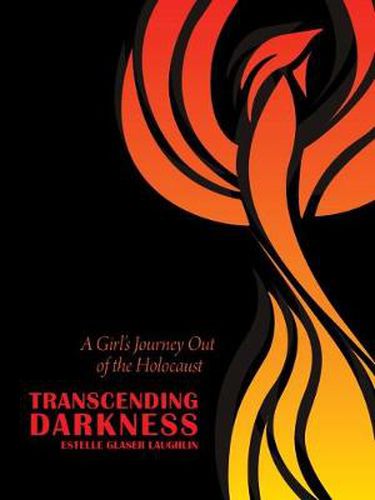Readings Newsletter
Become a Readings Member to make your shopping experience even easier.
Sign in or sign up for free!
You’re not far away from qualifying for FREE standard shipping within Australia
You’ve qualified for FREE standard shipping within Australia
The cart is loading…






Please, Mama, I don’t want to live like this, pleaded thirteen-year-old Estelle Glaser’s older sister as they watched the bodies of friends dangle from the gibbet in the centre of the appelplatz of the Madjanek concentration camp. I cannot take the indignities and brutalities. Let’s step forward and make them kill us now.
But Estelle’s mother fiercely responded to her two daughters: No! Life is sacred. It is noble to fight to stay alive.
Their mother’s indomitable will was a major factor in the trio’s survival in the face of brutal odds. But Estelle recognised other heroes in the ghetto and camps as well, righteous individuals who stood out like beacons and kept their spirits alive. Their father was one, as were hungry teachers in dim, cold rooms who risked their lives to secretly teach imprisoned children. Estelle herself learned to draw on a joyful past, and to bring her own light into the void. Estelle’s memoir, published sixty-four years after her liberation from the Nazis, is a narrative of fear and hope and resiliency. While it is a harrowing tale of destruction and loss, it is also a story of the goodness that still exists in a dark world, of survival and renewal.
$9.00 standard shipping within Australia
FREE standard shipping within Australia for orders over $100.00
Express & International shipping calculated at checkout
Please, Mama, I don’t want to live like this, pleaded thirteen-year-old Estelle Glaser’s older sister as they watched the bodies of friends dangle from the gibbet in the centre of the appelplatz of the Madjanek concentration camp. I cannot take the indignities and brutalities. Let’s step forward and make them kill us now.
But Estelle’s mother fiercely responded to her two daughters: No! Life is sacred. It is noble to fight to stay alive.
Their mother’s indomitable will was a major factor in the trio’s survival in the face of brutal odds. But Estelle recognised other heroes in the ghetto and camps as well, righteous individuals who stood out like beacons and kept their spirits alive. Their father was one, as were hungry teachers in dim, cold rooms who risked their lives to secretly teach imprisoned children. Estelle herself learned to draw on a joyful past, and to bring her own light into the void. Estelle’s memoir, published sixty-four years after her liberation from the Nazis, is a narrative of fear and hope and resiliency. While it is a harrowing tale of destruction and loss, it is also a story of the goodness that still exists in a dark world, of survival and renewal.